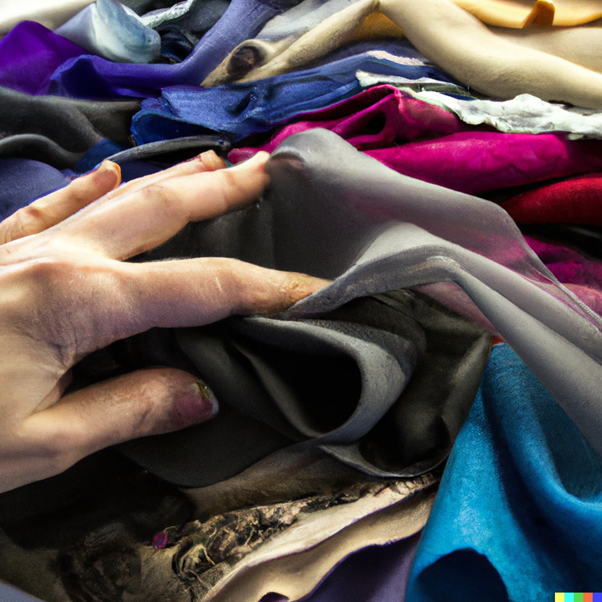As a consumer, it's easy to get caught up in the fast-paced world of fashion and constantly feel the need to keep up with the latest trends. But have you ever stopped to think about the impact your clothing choices have on the environment?
The fashion industry is one of the biggest contributors to pollution and waste, with the average person throwing away about 81 pounds of clothing each year. But what if there was a way to enjoy the latest fashions without harming the environment? Enter sustainable, modular, and zero-waste clothing.
Sustainable fashion refers to clothing that is produced using environmentally-friendly methods and materials. This can include using organic cotton, recycled materials, and low-impact dyes in the production process. By choosing sustainable clothing, you can help reduce the amount of pollution and waste generated by the fashion industry.
Modular clothing, on the other hand, is clothing that can be easily mixed and matched to create multiple outfits. This means you can get more use out of each piece of clothing, reducing the need to constantly buy new things. Plus, modular clothing allows for more creativity and self-expression in your outfits.
Zero-waste clothing, as the name suggests, is clothing that is designed to produce no waste during the production process. This can be achieved through careful design and pattern-making, as well as using every scrap of material in the production process. Zero-waste clothing not only helps reduce waste, but it also often results in unique and one-of-a-kind pieces.
By switching to sustainable, modular, and zero-waste clothing, you can enjoy the latest fashions without harming the environment. Not only will you be reducing pollution and waste, but you'll also be supporting ethical and sustainable fashion practices. Plus, you'll have a unique and versatile wardrobe that will last for years to come. So why not give it a try and see the benefits for yourself?
Here is a list of things you could do to be more sustainable as a consumer of fashion:
- Research and choose sustainable clothing brands that use environmentally-friendly materials and production methods.
- Consider purchasing modular clothing that can be easily mixed and matched to create multiple outfits.
- Look for zero-waste clothing options that produce no waste during the production process.
- Donate or sell clothing that you no longer want or need, rather than throwing it away.
- Repair and mend clothing when possible, instead of replacing it.
- Shop second-hand clothing to extend the life of existing clothing and reduce demand for new clothing.
- Support local fashion designers and small businesses that prioritize sustainability.
- Educate yourself and others about the impact of the fashion industry on the environment and the importance of sustainability in fashion.
- Choose clothing made from natural, biodegradable materials such as organic cotton, linen, and wool.
- Avoid clothing made from synthetic materials such as polyester, nylon, and acrylic, which are derived from non-renewable fossil fuels and can take hundreds of years to break down.
- Look for clothing with certifications from third-party organizations that verify the sustainability of the materials and production processes used.
- Avoid fast fashion and instead invest in high-quality, long-lasting clothing that will last for years to come.
- Use eco-friendly laundry detergents and washing methods to reduce the environmental impact of washing and drying your clothing.
- Consider supporting initiatives that promote sustainable fashion, such as clothing swaps and repair workshops.
- Educate yourself about the environmental and social impacts of the fashion industry and make informed choices about the clothing you buy.

